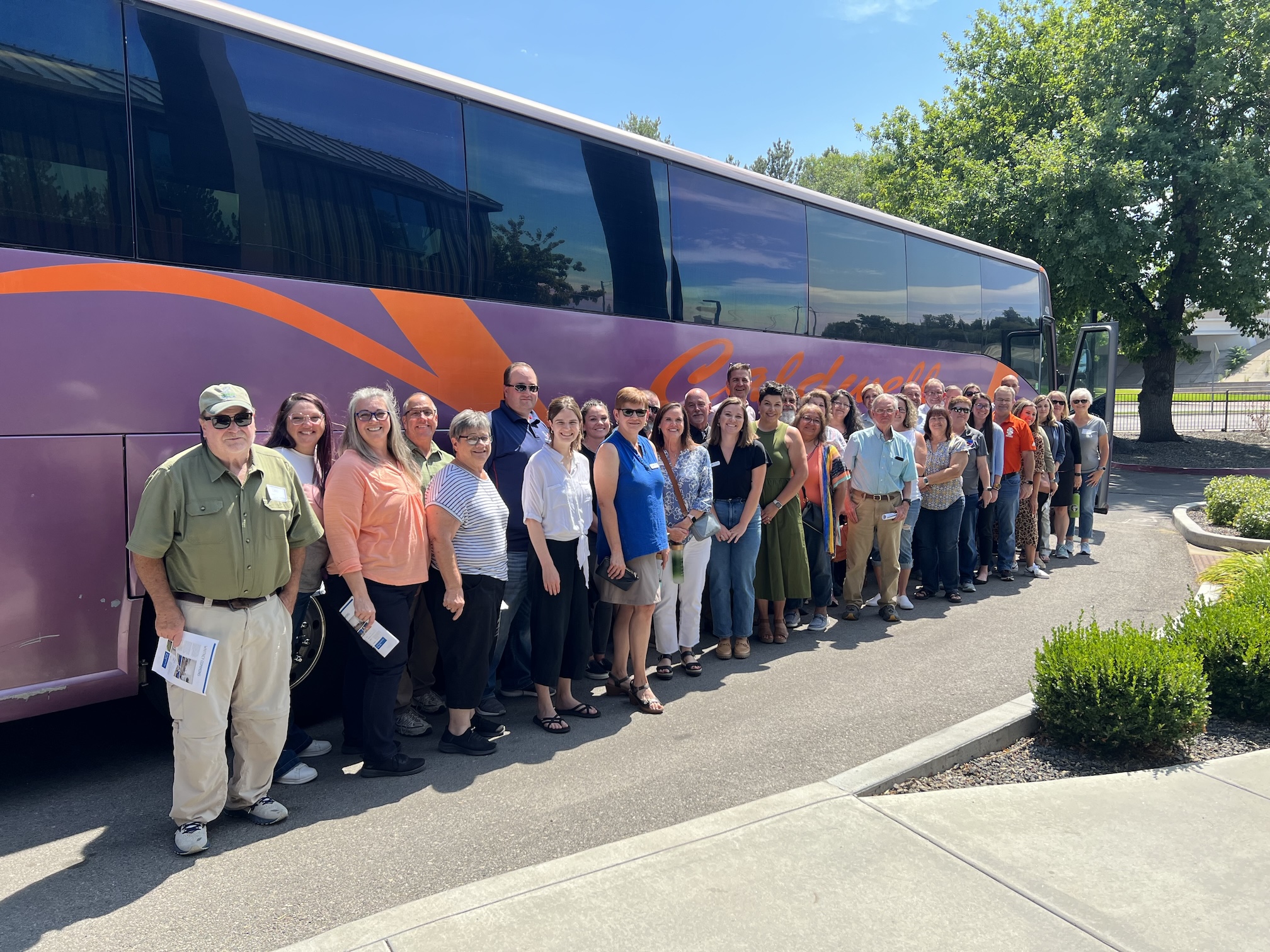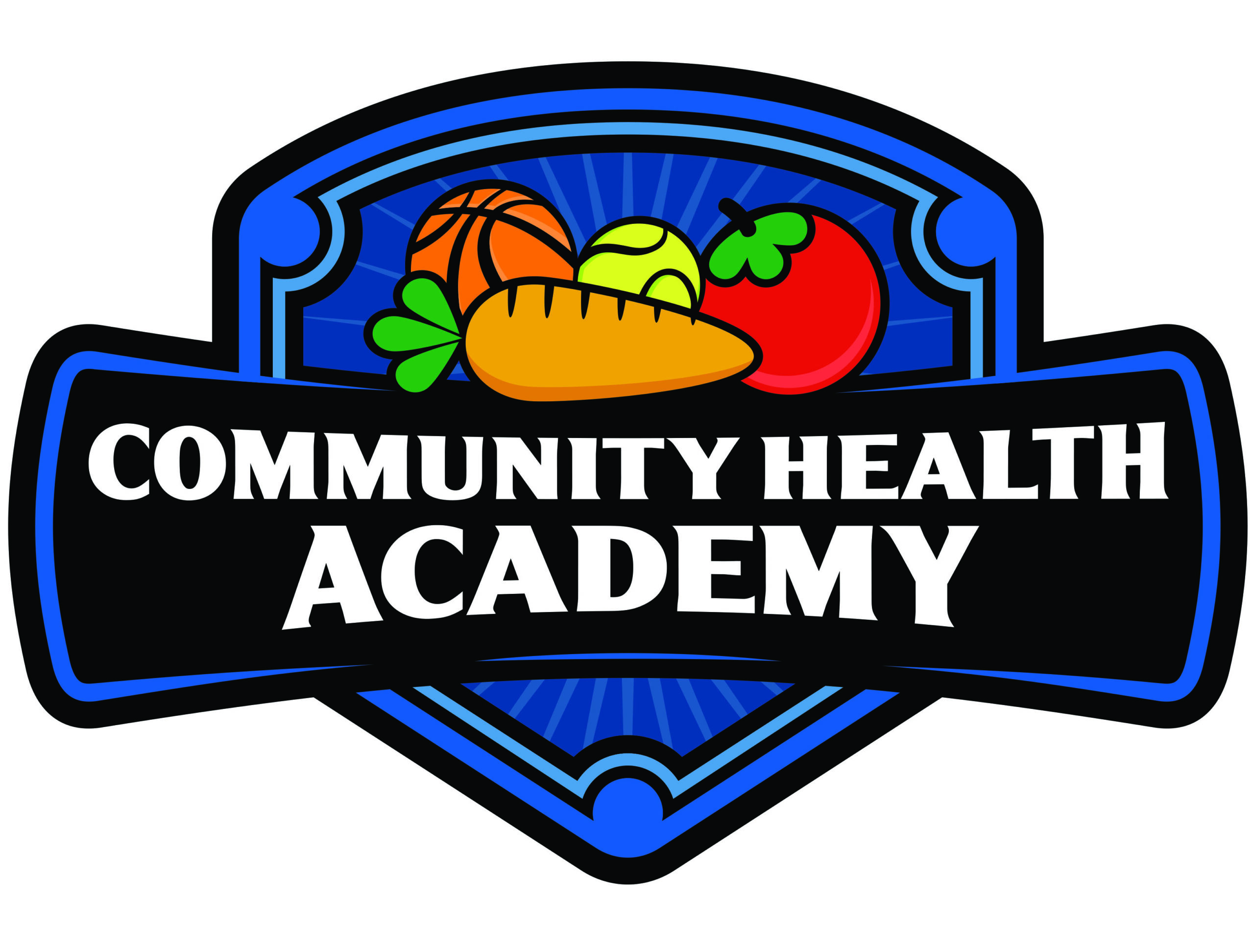Continuous learning and listening are two things we believe in at the Blue Cross of Idaho Foundation for Health and incorporate them into everything we do. These values can and should be used in just about any situation.
They are especially important in philanthropy because our work is designed to help others. Listening and continuously improving your programs and processes can increase the impact on grantees and the people they serve.
That’s the approach we took with our Community Health Academy, a learning collaborative that provides opportunities for city and community leaders to explore how they can help improve the health of their communities.
We began Community Health Academy in 2017 with a handful of mayors. The academy was focused on increasing physical activity and improving access to healthy foods for youth. The mayors who attended told us they would like to have a staff member with them, so we added that option so additional community leaders could learn along with the mayor.
Expanding the Academy
The focus of Community Health Academy expanded after we published a report about the social determinants of health in Idaho. We asked previous attendees about potential subjects, and we found there was a desire to learn about other topics that impact the health of their communities.
We added sessions on early education and childcare, civility and housing based on that feedback. We continue to ask for — and receive — feedback from participants about content, topics and logistics. This year, we’re adding youth behavioral health as a topic because we’ve heard from partners across the state how big of crisis we’re facing in Idaho.
Changing things within a program isn’t a sign of failure. It’s about improving what we’re doing to better serve participants in Community Health Academy, which will help us build a healthier Idaho.
Focus on feedback
Asking for feedback is an important part of continuous improvement. We value and encourage brutally honest feedback after each convening so we get fresh takes on what is resonating and where we could improve the academy. These surveys aren’t just a task on a checklist — we use the information we learn to make Community Health Academy better for future attendees.
We’ve also used focus groups and third-party evaluations to try and make our program better.
The feedback mechanisms help us meet communities where they are and serve their current needs.
Those are reasons we use a hybrid model for the academy — some in-person sessions and some remote. Communities asked for access to materials, so we’re creating an academy portal where attendees can view presentations, data and other information at their convenience and the ability to share with their teams.
This year’s Community Health Academy launches in June with 16 Idaho cities of varying sizes and from different areas of the state. We’re eager to work with — and learn from — these mayors and their staff.
We encourage all philanthropic organizations, particularly funders, to operate with a continuous learning mindset to improve everything you do. In the end, it will benefit who you seek to help.

